THINKING ABOUT HISTORY
SARAH MAZA
The University of Chicago Press
Chicago and London
The University of Chicago Press, Chicago 60637
The University of Chicago Press, Ltd., London
2017 by The University of Chicago
All rights reserved. No part of this book may be used or reproduced in any manner whatsoever without written permission, except in the case of brief quotations in critical articles and reviews. For more information, contact the University of Chicago Press, 1427 E. 60th St., Chicago, IL 60637.
Published 2017
Printed in the United States of America
26 25 24 23 22 21 20 19 18 17 1 2 3 4 5
ISBN -13: 978-0-226-10916-9 (cloth)
ISBN -13: 978-0-226-10933-6 (paper)
ISBN -13: 978-0-226-10947-3 (e-book)
DOI : 10.7208/chicago/9780226109473.001.0001
Library of Congress Cataloging-in-Publication Data
Names: Maza, Sarah C., 1953 author.
Title: Thinking about history / Sarah Maza.
Description: Chicago : The University of Chicago Press, 2017. | Includes index.
Identifiers: LCCN 2016054305 | ISBN 9780226109169 (cloth : alk. paper) | ISBN 9780226109336 (pbk. : alk. paper) | ISBN 9780226109473 (e-book)
Subjects: LCSH: History. | HistoryMethodology. | Historiography.
Classification: LCC D 16 . M 417 2017 | DDC 900dc23
LC record available at https://lccn.loc.gov/2016054305
 This paper meets the requirements of ANSI / NISO Z 39.48-1992 (Permanence of Paper).
This paper meets the requirements of ANSI / NISO Z 39.48-1992 (Permanence of Paper).
CONTENTS
What historians do, while it may seem obvious, proves surprisingly hard to define once you start thinking about it. Most people would describe the discipline of history as the study of the past. But the past is a huge category that includes the time since you started reading this sentence. What we mean by the past in this context is past enough that we have some perspective on it, which in practice takes us back at least one or two generations. But most academic disciplines outside of the sciences concern the past in that sense. Most research in the humanitiesin departments of literature, art history, and philosophy, for instanceconcerns the human past. Many sociologists, anthropologists, and political scientists also work on material that goes back decades or even centuries. What is special, then, about history as a discipline?
While it does concern itself uniquely with the past, history as a field of study is unusual in its lack of overarching structure or definitiona trait that paradoxically accounts for its wide and enduring appeal beyond academia. Other fields in the humanities and social sciences are more tightly bound to canons or bodies of knowledge, to technical methods, or both. People who teach in literature departments are expected to have read a list of great works of fiction, drama, and poetry, even if over the decades some authors fade away while others settle in. Sociologists are required, among other things, to be conversant with major figures such as Karl Marx, Emile Durkheim, and Max Weber, philosophers with a core pantheon of authors stretching from Plato to John Rawls. Literary and art-historical studies have developed very specific methods for analyzing texts and deciphering images. Other fields require mathematical or quantitative expertise. These commonalities give other disciplines coherence, but they often have a problematic side-effect, the emergence of insider-speak and in some cases technical jargon. A history department, by contrast, might include a specialist in Tokugawa Japan, another working on the Ottoman Empire, and a third studying the Reagan presidency. They may never encounter any of the same books, since there exists no historical canon, yet they need to evaluate the work of colleagues with other historical focuses and to present their own research to them. This is one reason why history written by academics is, compared to work in other fields, low in jargon and technicalities and more accessible to general readers. Ideally (though, alas, this is far from true in practice) anyone should be able to pick up any history book, even an academic one, and understand its contents without the benefit of prior training.
This is not to say that researching and writing history requires no specific skills; on the contrary, depending on ones period and place of concentration, the technical requirements can be steep. You may need to master a difficult languageAramaic, say, or Mandarinor in some cases more than one. Some subfields, such as medieval history, require advanced paleographic training just to read the documents; for others you need expertise in archaeology, macroeconomics, or linguistics. (And while it might seem easier to work on a recent period in your native language, specialists working on quasi-contemporary history will tell you that an infinite amount of potential source material can be its own kind of curse.) History does not have a governing technical method precisely because it can accommodate so many of them, from sifting through dirt to reading philosophy. But once the research is done, a historian is expected to put forward a narrative and argument that any well-educated person can understand. History, one is tempted to say, is written by specialists for nonspecialists, but even that is not entirely true: witness how often people with no disciplinary credentials produce superior works of history. In just the last fifteen years, the most prestigious history award in America, the Pulitzer Prize, has gone to an English professor (in 2002), to journalists (in 2003 and 2007), and to a banker (in 2010). Imagine, by way of contrast, the Nobel Prize in physics or economics being awarded to someone with no formal training in those fields!
Eclecticism is what makes the discipline of history so vibrant and broadly appealing: the skills required to do it are those both of the specialist and of the nonspecialist. To define cutting-edge questions, academic historians must immerse themselves in a large body of scholarship that defines topics and debates: planning a project on some aspect of American slavery, the British Empire, or the Vietnam War requires finding your way around a vast literature so that you can be sure of contributing something new and worthwhile. On the other hand, the research process itself is something most historians learn about on the fly, just by doing it: aside from technicalities such as language and paleography, historical research is mostly impossible to teach. It requires ingenuity (where do I start looking for evidence about same-sex relationships in the seventeenth century?); initiative to figure out how to begin, whom to talk to, where to go; and persistence to sift through many boxes of archival material or pages of online documents to find the elusive evidence one is tracking. How do you teach researchers to cope with the letdown of finding that the archive theyve traveled to doesnt have what they want, and the imagination to turn the situation around by figuring out what the disappointing documents might actually contain that they had not anticipated? The skills and temperaments of good research historians are very similar to those of successful journalists: curiosity, ingenuity, patience, and doggedness. And like journalists, good historians know how to put a story together and make it understandable to a wide range of readers.
It is much easier, then, to define history by contrasting it with other disciplines than to describe a historical method. People in fields like art history, literature, or philosophy usually work on an existing object: they exercise interpretive skills on a set of texts or images that serves as a point of departure for their researchthe novels of Toni Morrison, Romanesque murals in Catalan churches, the collected works of Hegel. Historians begin with no such object; their task consists in creating, through research, the thing that they work on. Social scientists usually begin their projects with a research design and a hypothesis they will attempt to confirm or disprove using questionnaires, experiments, or calculations. Historians also start out with a question or a tentative thesis but typically have no direct access to their subjects; most often the chaotic evidence produced by historical research ends up reframing the initial question, which is never answered with any degree of certainty.

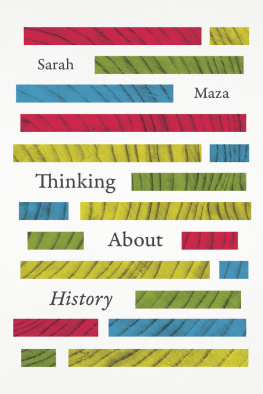
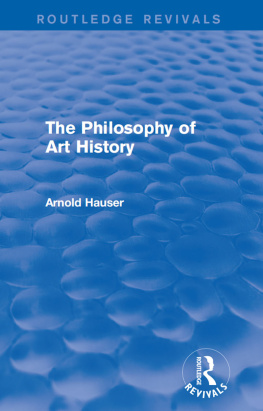

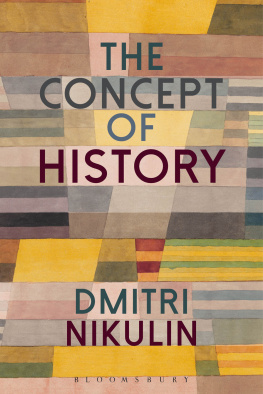

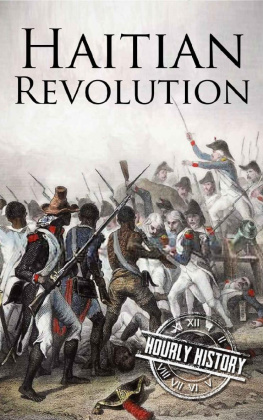
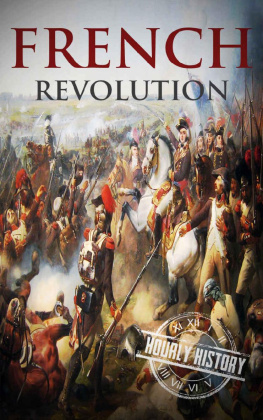
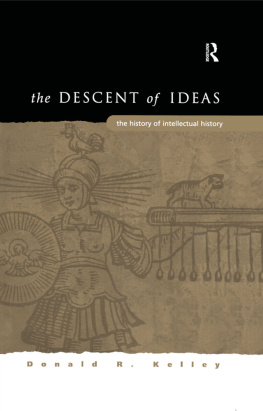

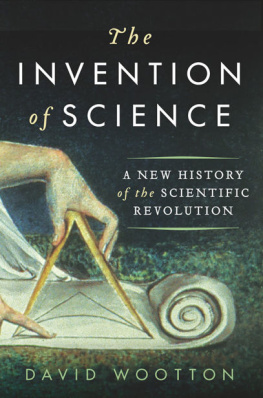
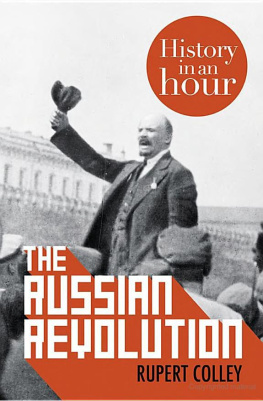
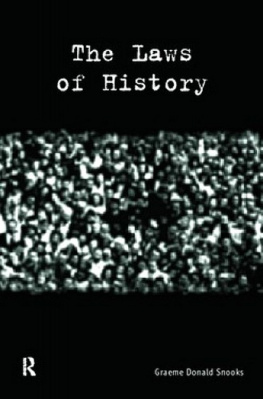
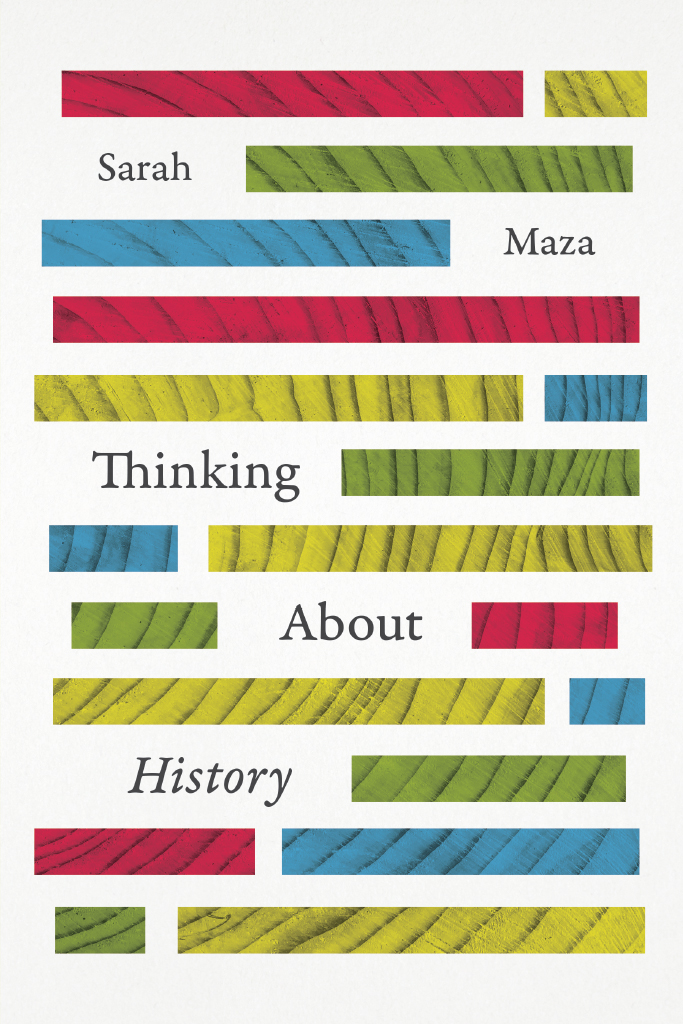
 This paper meets the requirements of ANSI / NISO Z 39.48-1992 (Permanence of Paper).
This paper meets the requirements of ANSI / NISO Z 39.48-1992 (Permanence of Paper).